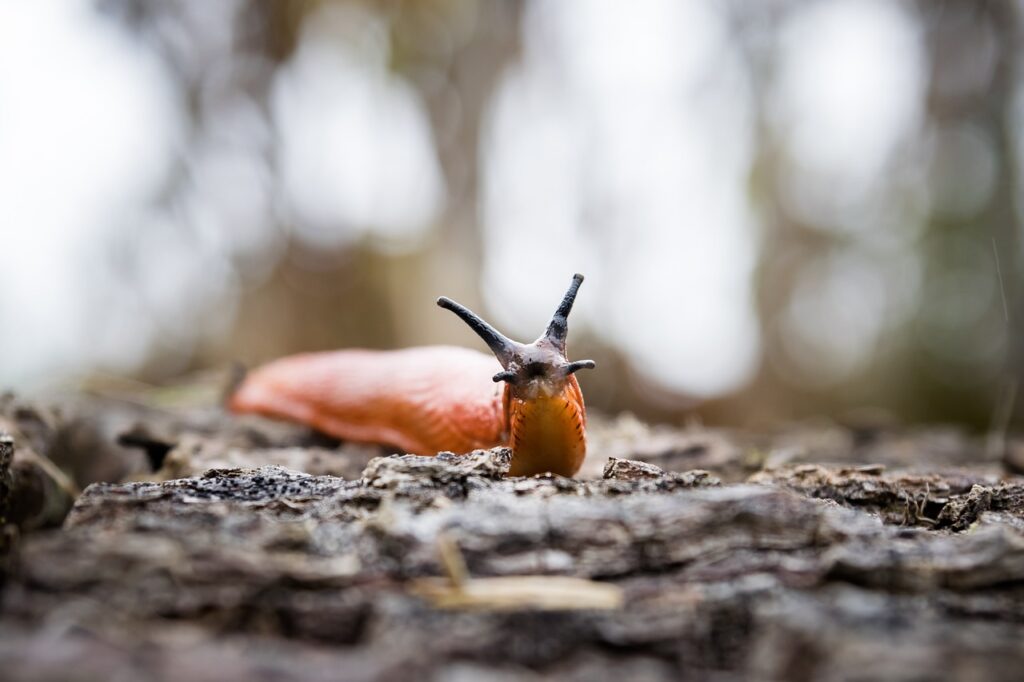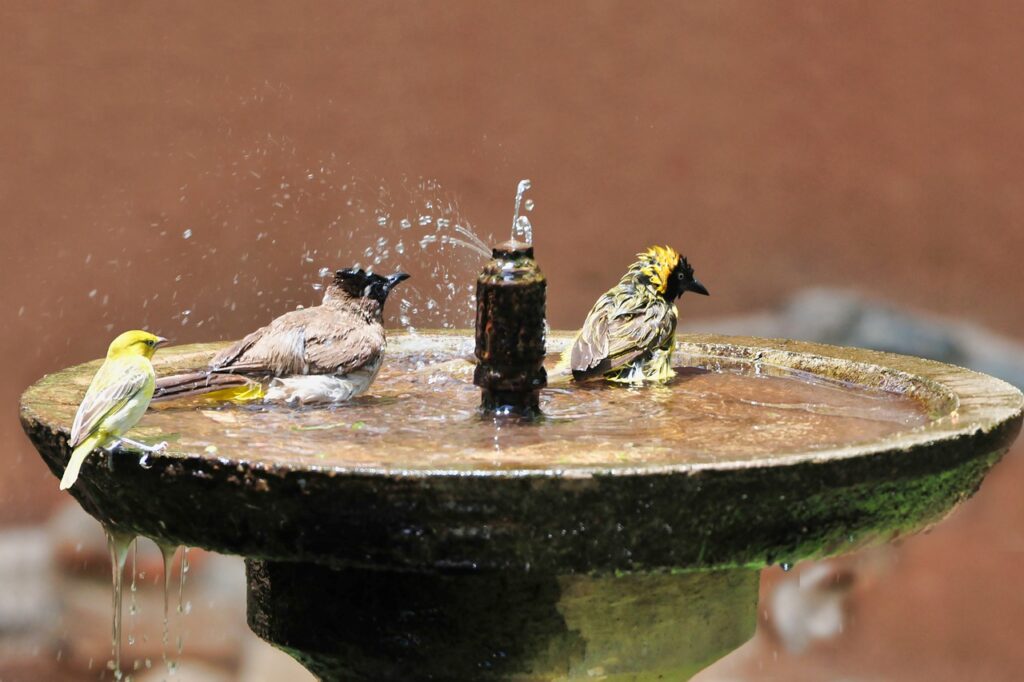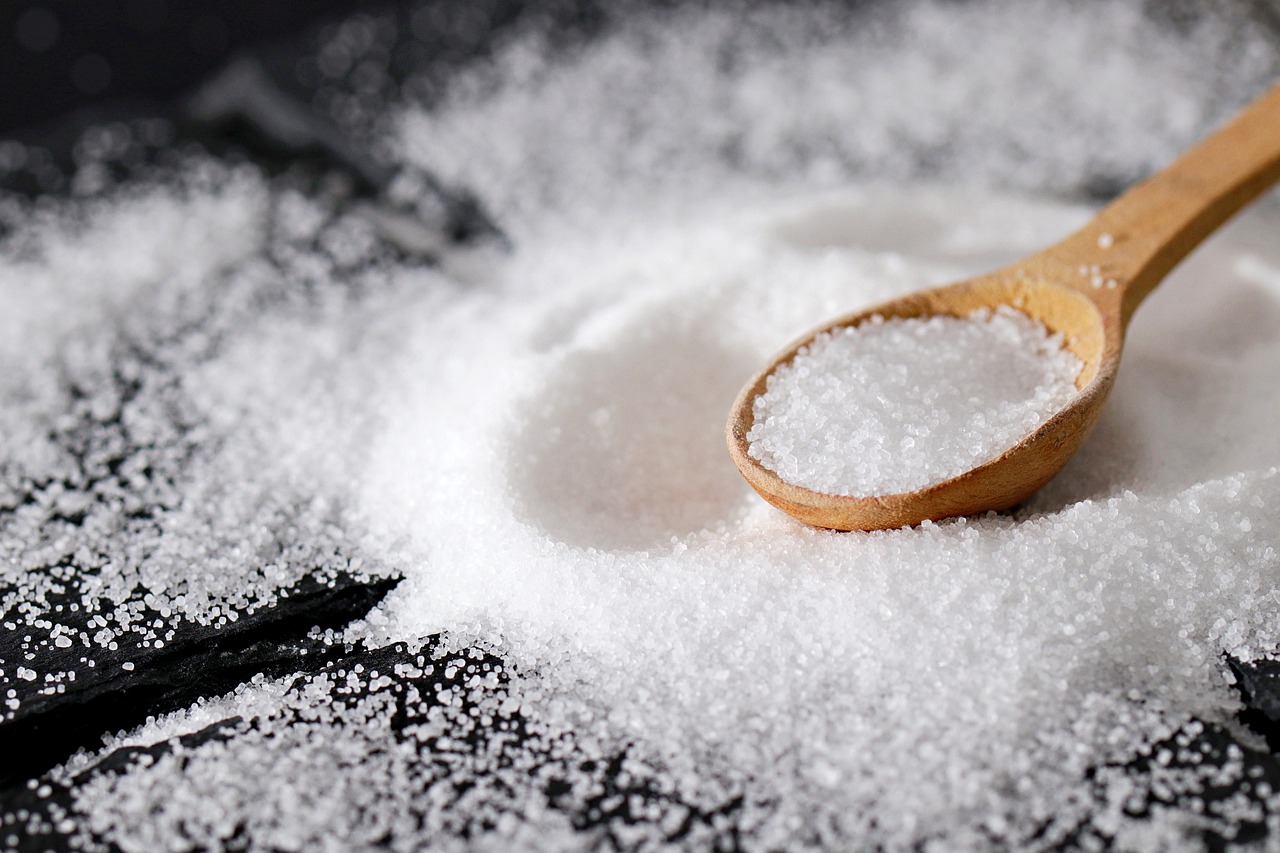When you read about natural slug control, you will notice that many people recommend salt. Yes, salt does kill slugs. But it has its pros and cons. There are also other natural remedies out there, and some of them don’t have the cons associated with salt.
Salt does kill slugs
- Salt dehydrates slugs. Slugs, just like their snail cousins, are dependent on the high water content in their bodies. Without this water content, they can quickly dehydrate and die. Salt does exactly that — it absorbs the water out of the bodies of slugs. You will see the garden pests squirm and die within minutes. You can get rid of slugs immediately by simply sprinkling salt on them.
- Using salt to kill slugs is not exactly the most humane. Slugs do have pain receptors, but scientists don’t know much about the feeling of slugs when they get in contact with salt. They try to squirm away, and sometimes, they also exude more mucus than usual. It’s believed that the pain you feel when you accidentally put salt in your eyes is the same pain slugs feel when you sprinkle them with salt. This is not exactly the most humane way to get rid of slugs because it’s not an instant death, and they are likely suffering in the process.
- There are other natural methods for slug control. Salt is not just inhumane. It’s also damaging to your garden — you know, the very place you are trying to protect against slugs. There are other natural methods that are not as damaging to your plants and garden soil. You can use natural barriers like coffee grounds and eggshells. You can also let nature do the work by attracting natural slug predators and introducing slug-repelling plants into your garden.

How to use salt to get rid of slugs
- Don’t use salt on your plants and garden soil. If you want to kill slugs with salt, don’t just go to your garden with a bag of salt and sprinkle the salt on the garden pests. You need to have a separate area for the slugs and the salt. You don’t want your garden to be a battleground. Salt can burn and kill plants. Salt can dissolve into your garden soil and make it acidic, especially if it rains. It basically has the same effect as acid rain. The soil will become less conducive to life. Plants and small organisms that rely on this soil can stop growing or just die.
- Set up a trap and sprinkle salt on the captured slugs. To separate the slugs and the salt from your garden, capture the slugs, and only then can you sprinkle salt on them in an isolated area. Water the plants and soil in your slug-infested garden, so the moisture attracts the slugs. During the late afternoon or nighttime, go back to your garden and look for slugs in the moist soil. Bring a flashlight and a pair of gloves. If you prefer to do the work during the daytime, leave a small plank in the moist soil and look for slugs under it in the morning. Slugs will try to find shelter to prevent themselves from drying out when the sun is high.
- Dump the slugs into a bucket of salty water. You can simply sprinkle the captured slugs with salt. But you can also prepare a salty mixture where you can dump these garden pests. Make salty water by mixing salt and water in a 1:7 ratio. Put the mixture in a bucket and dump the slugs you capture there. Leave them for a day or two. When you see that they are dead, you can put them in a bag and throw them away.
Other home remedies for slug control
- Use a beer trap. A beer trap is exactly what it sounds like — you use beer to attract and capture slugs. Beer is a great slug attractor because of its yeast content. To make a beer trap, simply put beer in a can, and then bury the can a few centimeters into your garden soil. Make sure that the opening in the can is low enough for slugs to be able to crawl in. The garden pests will dive into the can and eventually die. Unlike salt, the beer trap is not damaging to your plants and garden soil. But there is also a downside — it can end up killing random insects in your garden, including beneficial ones.
- Set up a prickly barrier around your plants. Slugs are soft-bodied creatures. They are extremely vulnerable to objects with pointy ends and sharp edges. You can take advantage of this vulnerability. Put these objects around your plants to serve as a barrier against slugs. Eggshells are the most effective among these objects. Many people also use coffee grounds, especially because slugs don’t like caffeine. But this is often ineffective. You will often need a ridiculously large amount of caffeine to deter the pests, and this can cause more harm than good to your garden. Also, don’t use salt as a prickly barrier even though it seems to be effective because of its sharp edges. Again, salt can damage your plants and garden soil.
- Attract natural slug predators. Biological control is not a revolutionary garden pest control method. Many gardeners are already attracting beneficial insects and letting them thrive in their gardens to get rid of aphids, vine weevils, and other garden pests. Beneficial insects are not the slug predators you are looking for. You want bigger predators, such as birds, chickens, and frogs. Birds are probably the least obnoxious of the bunch because some people find it weird to try to attract random chickens and frogs. You can attract birds by giving them food and water. Build bird baths and install bird feeders.

Get rid of slugs now with salt
Yes, salt does kill slugs. It dehydrates and kills them within a few minutes. It’s not exactly the most humane way to get rid of slugs, especially because death is not instant. Salt is also not very good for your plants and garden soil.
There are other home remedies out there that are not as damaging, such as beer traps and prickly barriers. You can also let nature do the work with biological control.

